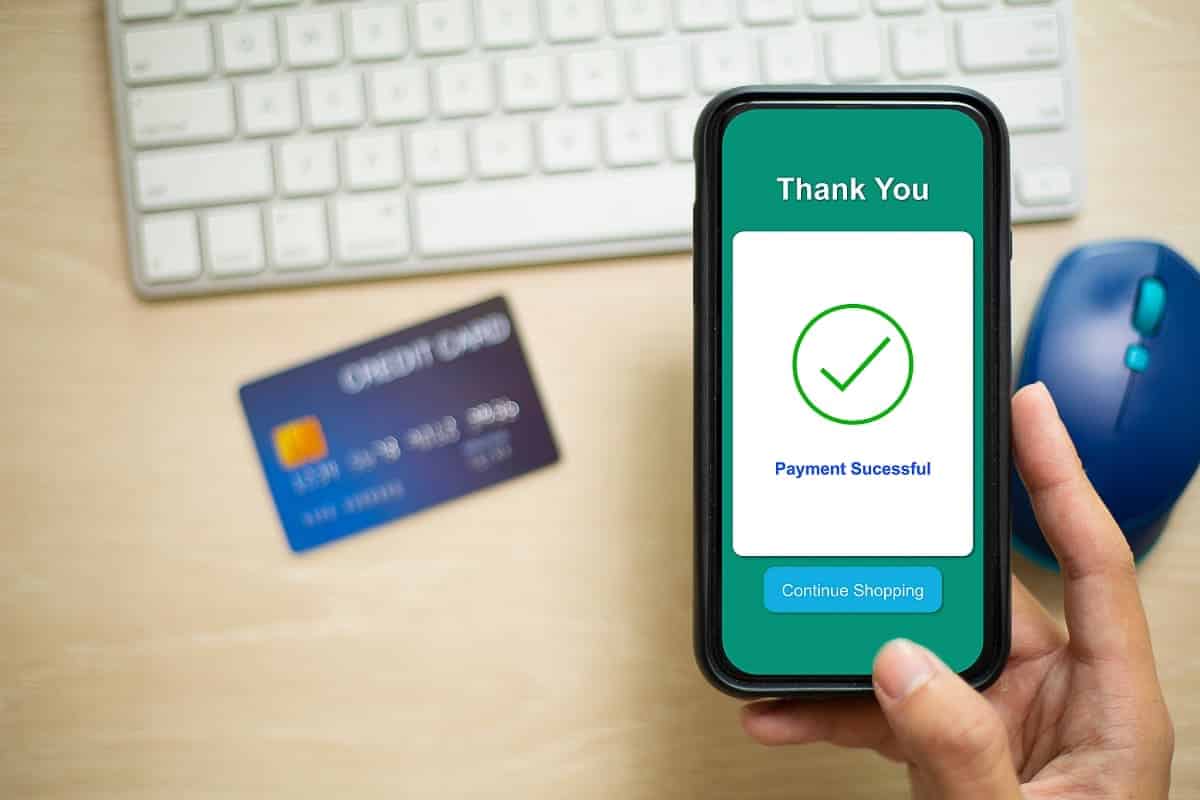Digital wallets have transformed the way we handle money, offering a secure and convenient means of managing financial transactions. But did you know that there are different types of digital wallets, each catering to specific needs and preferences? In this guide, we’ll explore the various types of digital wallets, helping you understand which one might be the right fit for your financial lifestyle.
Types of Digital Wallets
1. Mobile Wallets:
Examples: Apple Pay, Google Pay, Samsung Pay
Key Features:
- Contactless Payments: Use your smartphone or smartwatch to make payments at compatible point-of-sale terminals.
- Integration: Seamlessly integrates with your device’s operating system (iOS or Android).
- Security: Utilizes built-in device security features like fingerprint or facial recognition.
Ideal For: Users who want quick and convenient in-store payments with their smartphones.
2. Online Wallets:
Examples: PayPal, Skrill, Amazon Pay
Key Features:
- Online Shopping: Simplifies online payments by securely storing your payment information.
- P2P Transfers: Allows you to send money to friends and family.
- Bill Payments: Supports automated bill payments and subscription services.
Ideal For: Individuals who frequently shop online and need a secure method for digital payments.
3. Cryptocurrency Wallets:
Examples: Coinbase, Ledger Nano S, MyEtherWallet
Key Features:
- Cryptocurrency Storage: Safely stores various cryptocurrencies, such as Bitcoin, Ethereum, and Litecoin.
- Security: Employs robust encryption and private keys to protect your digital assets.
- Transaction History: Provides a record of cryptocurrency transactions.
Ideal For: Crypto enthusiasts and investors looking to manage and secure their digital currencies.
4. Hardware Wallets:
Examples: Ledger Nano S, Trezor
Key Features:
- Offline Storage: Keeps your cryptocurrencies offline, offering enhanced security against online threats.
- Cold Storage: Ideal for long-term storage of digital assets.
- Private Keys: Generates and stores private keys offline for added protection.
Ideal For: Serious cryptocurrency investors and users who prioritize security over convenience.
5. Desktop Wallets:
Examples: Exodus, Electrum
Key Features:
- Installed on Your Computer: Software-based wallets that you download and install on your desktop or laptop.
- Control: Provides you with full control over your private keys and cryptocurrency holdings.
- Access to Multiple Currencies: Supports a range of cryptocurrencies.
Ideal For: Intermediate to advanced users who prefer to manage their cryptocurrencies on a desktop device.
6. Web Wallets:
Examples: Blockchain.info, MyEtherWallet (MEW)
Key Features:
- Accessible from Any Device: These wallets are web-based and can be accessed from any device with an internet connection.
- Convenience: Offers a user-friendly interface for managing digital assets.
- Control: Allows you to control your private keys, but you must trust the wallet provider’s security.
Ideal For: Individuals who want accessibility and convenience for managing cryptocurrencies online.
7. Paper Wallets:
Key Features:
- Physical Documentation: Typically a piece of paper with your public and private keys printed on it.
- Cold Storage: Offers high security by keeping your cryptocurrency completely offline.
- No Digital Vulnerabilities: Immune to online hacking threats.
Ideal For: Users who prioritize maximum security and are comfortable with manual transactions.
Conclusion: Choosing the Right Digital Wallet
The type of digital wallet you choose depends on your specific needs, preferences, and level of expertise. Whether you’re looking for the convenience of mobile payments, secure cryptocurrency storage, or a versatile online wallet, there’s a digital wallet type that suits you. Understanding the options available empowers you to make the right choice for your financial management and transaction needs.
อ่านบทความทั้งหมด >>> Accounting Office
Accounting service Tel.084-343-8968 (POND)






